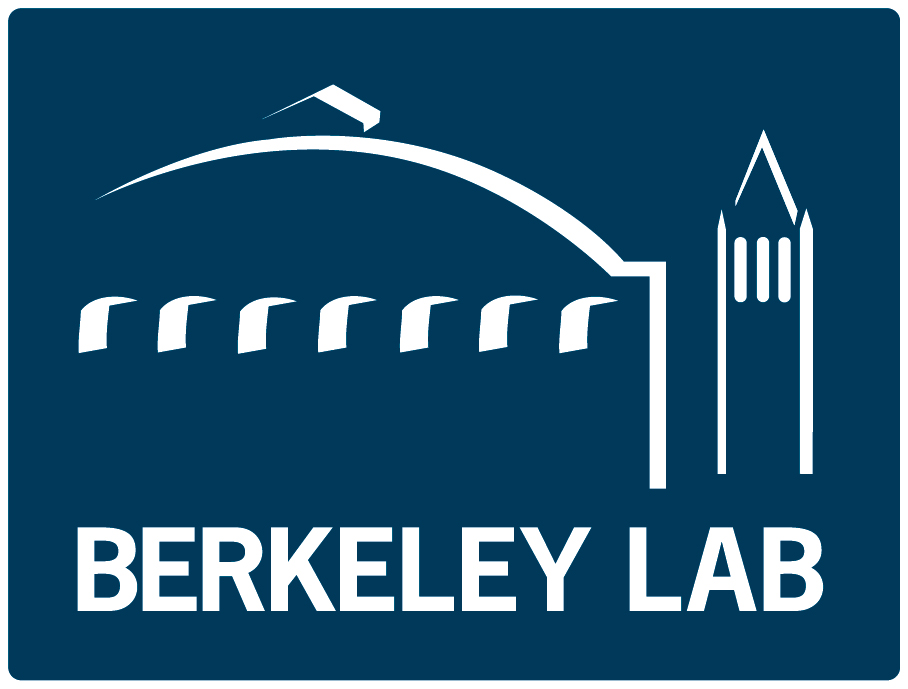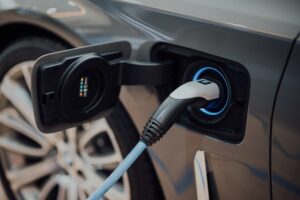APPLICATIONS OF TECHNOLOGY:
More sustainable lithium extraction for applications such as:
- Electric vehicles
- Consumer electronics
- Critical defense
- Stationary energy grid storage
BENEFITS:
More energy efficient, lower cost, and sustainable lithium extraction through:
- Elimination of acid leaching step and/or sulfate roasting steps
- Substantial reduction in volume of water needed for Li extraction from clays
BACKGROUND:
Lithium-ion batteries (LIBs) are widely used in electric vehicles (EVs), electronics, energy storage, and defense applications. With demand set to exceed production capacity by 2025, there’s a pressing need to identify and process alternative lithium resources. The current methods used to extract lithium are energy and water intensive, environmentally destructive, and generate large volumes of waste that are costly to dispose of while contaminating groundwater aquifers. New closed loop lithium mining techniques that can access and extract lithium from subsurface environments can minimize resource and energy consumption and the generation of hazardous wastes.
TECHNOLOGY OVERVIEW:
Scientists at Berkeley Lab have developed a new electrochemical based lithium extraction method that can eject lithium ions from lithium rich clays to produce a Li+ rich brine. Clays such as hectorite or sepiolite are predominantly composed of magnesium-silicate layers; preliminary results show that the clays can be made conductive by fabricating Li-carbon composites. The conductive clay medium provides a pathway for Li+ ion ejection from clay composites, upon application of proper voltage or current density bias. Lithium can be released from these clays with a good charge efficiency.
This method can mitigate current industrial methods. Current lithium extraction from lithium-rich clays involves several steps, including ore mining, beneficiation, acid leaching, and purification. These processes are water-intensive and environmentally damaging, with acid leaching alone accounting for significant operating costs. In contrast, this electrochemical mining method can eliminate the need for acid leaching, sulfate kiln roasting, and beneficiation, leading to a reduction in water usage and a more environmentally friendly lithium extraction process. The novel electrochemical approach also enables a path towards subsurface electrochemical mining.
DEVELOPMENT STAGE:
Proof of concept
PRINCIPAL INVESTIGATORS:
Andrew Haddad, Robert Kostecki
Additional information:
IP Status:
Patent pending
OPPORTUNITIES:
Available for licensing or collaborative research

